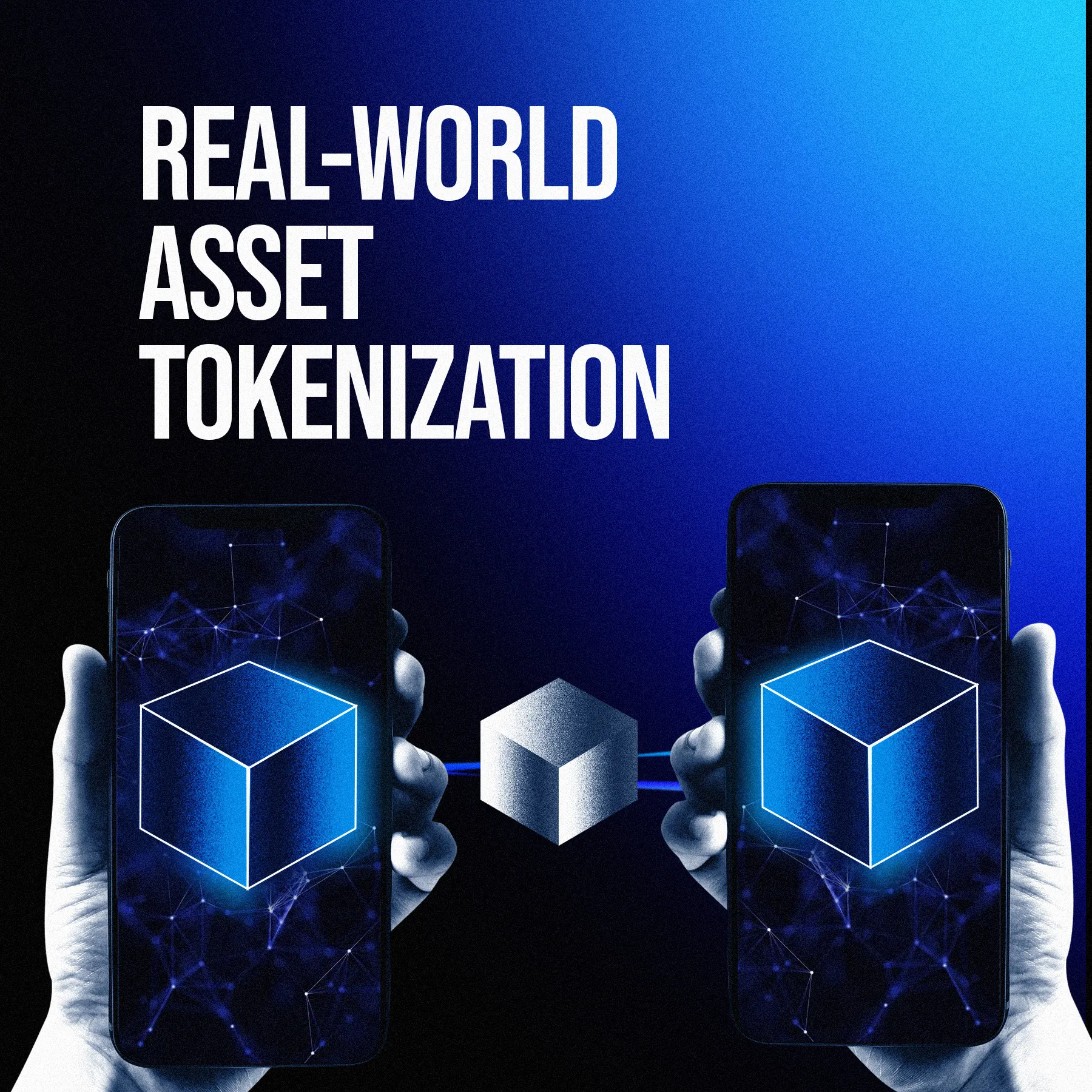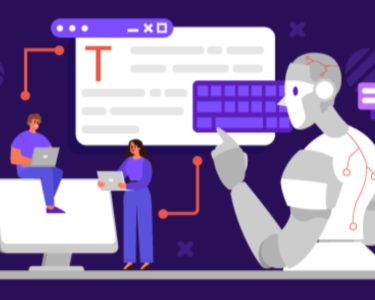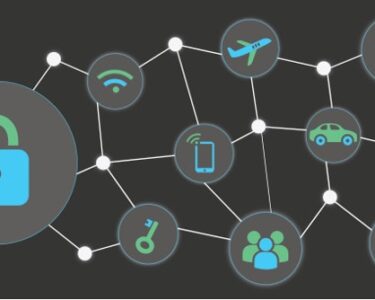
Tokenization of Real-World Assets (RWA) – Bringing Physical Assets onto the Blockchain for Greater Transparency and Efficiency
Introduction
Real-world assets (RWA) encompass a wide range of tangible and intangible assets such as real estate, commodities, and private equity. Traditionally, these assets have been primarily traded through over-the-counter (OTC) markets, characterized by low liquidity, information asymmetry, and limited accessibility. Tokenization offers a transformative solution by bringing RWA onto the blockchain, paving the way for greater transparency, efficiency, and accessibility.
What is Tokenization?
Tokenization involves digitizing real-world assets by representing them as digital tokens on a blockchain. These tokens are unique digital assets that can be traded, transferred, and stored on a secure and immutable ledger. By tokenizing RWA, their ownership and value can be fractionalized, allowing for the creation of more liquid and accessible markets.
Benefits of RWA Tokenization
Increased Transparency:
Blockchain technology provides an immutable and transparent record of all transactions. Tokenization ensures that the ownership and transfer history of RWA are visible to all participants, reducing the risk of fraud and increasing trust.
Enhanced Liquidity:
Tokenizing RWA fragments ownership into smaller units, creating a more liquid market. This allows investors to enter and exit positions more easily, improving the efficiency of capital allocation.
Improved Accessibility:
Tokenization opens up the RWA market to a broader range of investors, including those who may have been excluded from traditional investment opportunities. With lower entry barriers, investors can access previously inaccessible asset classes.
Reduced Costs and Friction:
The use of blockchain technology eliminates the need for intermediaries and manual processes, significantly reducing transaction costs and operational inefficiencies.
Applications of RWA Tokenization
RWA tokenization has the potential to transform various sectors by unlocking new opportunities and improving existing processes. Some of the prominent applications include:
-
Real Estate: Tokenizing real estate allows for fractional ownership, making it more accessible to small investors. It also simplifies property management and streamlines transactions.
-
Commodities: The tokenization of commodities, such as gold and oil, enables easier trading and risk management while reducing the need for physical storage and transportation.
-
Private Equity: Tokenizing private equity shares provides greater liquidity, allowing investors to exit positions more easily and increasing the overall efficiency of the private equity market.
Challenges and Considerations
While tokenization of RWA offers significant benefits, there are also challenges to address:
-
Regulatory Uncertainty: Regulatory frameworks for RWA tokenization are still evolving, creating uncertainty for participants.
-
Technology Limitations: Current blockchain technology may have limitations in terms of scalability and transaction speed, which could hinder the tokenization of large-scale assets.
-
Security Concerns: Ensuring the security of tokenized RWA and mitigating risks associated with blockchain technology is crucial to foster trust and adoption.
Conclusion
The tokenization of real-world assets represents a transformative shift in finance and investing. By bringing RWA onto the blockchain, it enhances transparency, liquidity, accessibility, and efficiency. While challenges remain, the potential benefits are immense, and tokenization is poised to revolutionize the way we interact with and invest in real-world assets.


